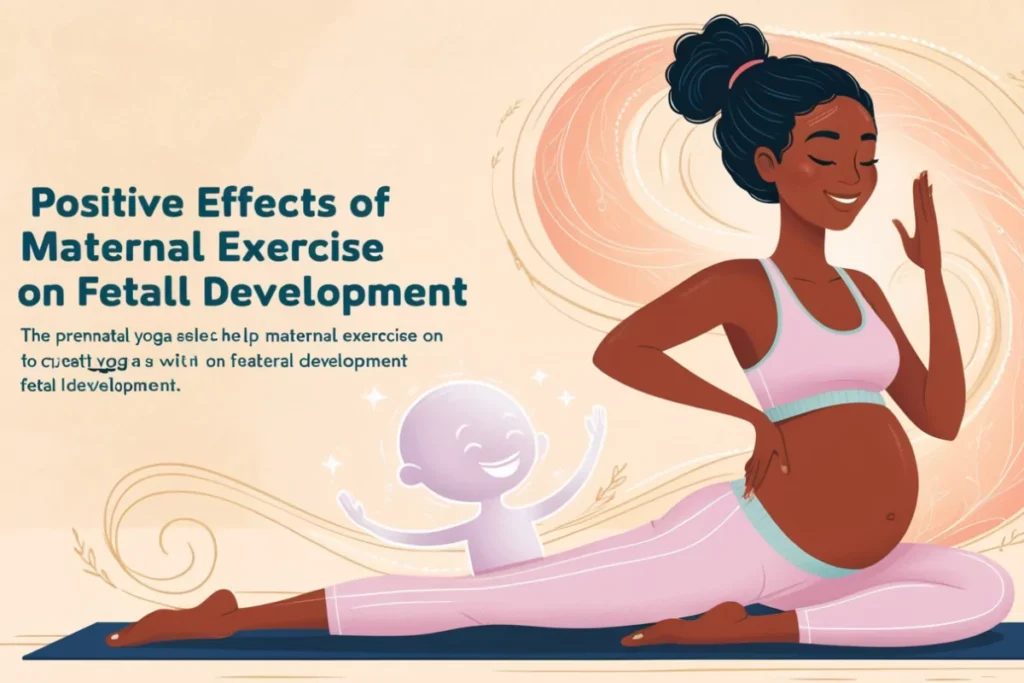Hello people! Does pregnancy exercise help prevent asthma in a child? Asthma is a chronic disease of the respiratory system that develops in childhood and affects millions of people. As more focus is directed to preventive approaches to health, it emerges that Maternal exercise has several advantages not only for the mother and the Child, but the Child might benefit from maternal exercise in an even more personal way; it reduces the risk of asthma attacks in a child.
This article explores what physical activity during pregnancy might have to do with asthma prevention, the research behind it, and what pregnant women should know and do.
Let’s dive in!
Table of Contents
Pregnancy Exercise and Childhood Asthma

Recent literature suggests that maternal exercise during pregnancy can benefit the Child’s health, especially asthma. Frequent exercise during pregnancy reduces the likelihood of asthma in mothers’ children by early childhood, according to a study in The Journal of Allergy and Clinical Immunology. This shielding is due to changes in immunology and respiratory health both in the mother and the baby during exercise.
Pregnancy physical activity improves circulation, relieves stress, and also aids in undertaking the role of weight control, thus improving fetal growth. This could build up the Child’s respiratory framework to withstand allergy-causing substances that may lead to asthmatic attacks. Some researchers even believe moderate exercise might affect the baby’s lungs and immune system, reducing asthma risk.
Effects of Maternal Exercise on Fetal Development

Any exercise done by the expectant mother enhances blood flow, making delivery of oxygen and nutrient supply to the fetus abundant. This can have several benefits for the body’s overall health and, in particular, prevent a range of respiratory problems after birth. Increased oxygen flow to the fetus can help the development of lungs and immunities that do not cause asthma.
Another study reveals that physical activity during pregnancy also lowers inflammation within the mother’s body. As inflammation is related to asthma, low inflammation can be of great benefit in protecting the Child against the disease. Reduced maternal inflammation during pregnancy may result in reduced inflammation within the fetus and subsequently reduced etiology of respiratory diseases, including asthma.
Recommended Exertions in Pregnant Women
To actualize these potential benefits, some experts suggest that certain forms of exercise are suitable for pregnant women. There are many recommendations regarding the kinds of movement activities that benefit the cardiovascular system and are not overly demanding on the pregnant woman’s body: walking, swimming, and prenatal yoga, for example. They can be safely practiced up to each trimester with certain restrictions and adjustments to meet the growing needs of the deceased’s body.
All pregnant women are advised to seek pre-clearance from their doctor before they start practicing any new exercise activity. If the mother wishes to engage in vigorous exercises, gradual build-up of exercise intensity with special monitoring from Doctors is very likely to make the mother and Child safe. Physical activity should generally be moderate and last 150 minutes a week, as the American College of Obstetricians and Gynecologists (ACOG) recommends.
Is Exercise Dangerous for Pregnant Women?
Some exercises that offer high intensity or high impact may not be encouraged, particularly for women with a history of inactivity or high-risk pregnancies. Hazardous activities, including skiing, hiking, and riding, are improbable and should be avoided.
The idea, in this case, is to sustain a moderate intensity of activity, though if the pregnant woman is going to be engaged in some strenuous activity, she should avoid overexerting herself since this could prove to be dangerous to the fetus.
The following video explains about Is Exercise Dangerous for Pregnant Women?
Conclusion
Therefore, new evidence proves that mild exercise during pregnancy could reduce asthma risk in offspring by its beneficial effect on fetal lung and immune tissue construction. Thus, more research is needed to define the nature of the relationship clearly, but the results are promising. Unfortunately, expectant mothers need to consult their doctors on safe exercise regimes to protect and even improve the health of their unborn infant.
Does prenatal exercise favorably program the Child’s health in later life?




